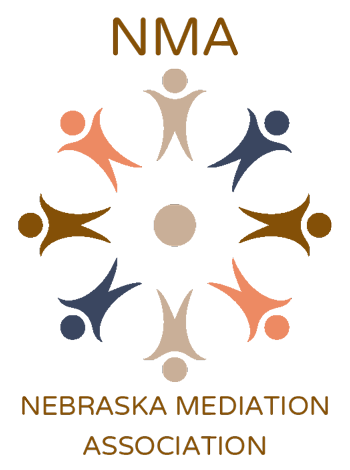Mediation is a process in which a third party neutral incorporates skills and techniques to improve the dialogue between two or more parties involved in a conflict. Through this enhanced dialogue, parties are more likely to develop an agreement that is mutually beneficial and acceptable. A key component of mediation is that the parties have the decision making authority. For answers to some frequently asked questions, click here.
Within the field of mediation, there are many styles that are practiced. Four primary styles are described below.
Facilitative Mediation - One of the key factors in mediation models is the notion of decision making. In facilitative mediation, any decision making is left to those involved, the mediator has no decision making authority. This is based on the belief that the people involved in the situation have the best understanding of what they need for themselves and from each other. Facilitative mediation helps parties in a conflict make their own decisions, in the belief that such decision will have the best fit and therefore be highly sustainable. The mediator offers a structured process for the parties to make best use of in seeking mutually satisfactory solutions.
Evaluative Mediation - Evaluative mediators are usually legal practitioners, often with an expertise in a particular area of law relevant to the conflict. They will provide the parties with an evaluation of the strengths and weaknesses of their case with respect to their legal positions. If asked they may also advise as to a likely outcome at court. They may also offer direction towards settlement options. There is a strong drive towards equitable settlement as an efficient and economic alternative to legal measures.
Transformative Mediation - Transformative mediation is a much less structured approach that focuses on two key interpersonal processes – empowerment and recognition. A transformative mediator aims to empower the parties involved to make their own decisions and take their own actions. They also work to foster and develop recognition for and between the parties. This is an organic process and highly responsive to the parties needs. The parties are very much in charge of both the content (the substantive issues) and the process, and the mediator works to support both as their conflict unfolds and the process and relationship builds
Narrative Mediation - Narrative mediation takes a very different stance to conflict. Focusing less on negotiation and more on how people make sense of the world. By telling stories of events and by giving meaning to these events people construct their own reality. People in conflict will tell conflict stories that help them make sense of the situation, the other person and themselves. Conflict stories can be limiting and paralysing. Narrative mediators believe that for every conflict story there is an alternative story that can make co-operation and trust more available. Narrative mediators help parties rewrite new and more constructive stories.
Definitions provided Steve Hindmarsh Ltd.

